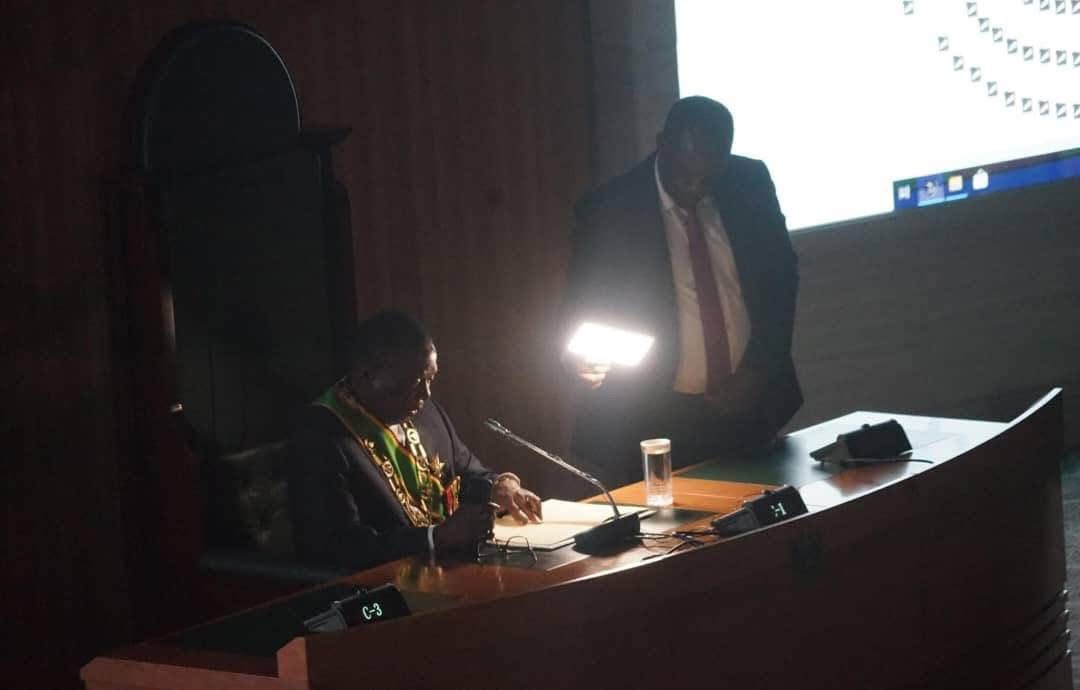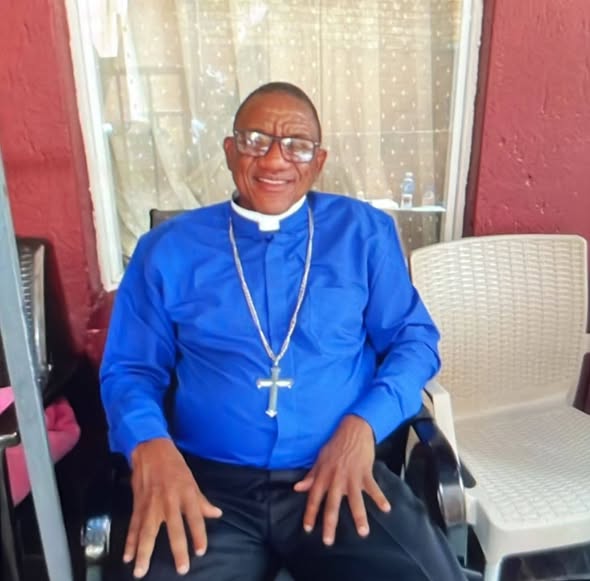
President Emmerson Mnangagwa has made significant changes to the military and state security services, according to sources within the state. These changes are seen as a strategic move to consolidate his power and influence within the security apparatus. One of the key appointments is retired Brigadier-General Asher Walter Tapfumaneyi, who is set to become the Chief of Staff of the Army, with a promotion to the rank of Major-General. Tapfumaneyi’s background in the army and his previous role as Deputy Director-General (Operations) of Zimbabwe’s Central Intelligence Organisation (CIO) make him a suitable candidate for the position.
Tapfumaneyi’s appointment is expected to have a significant impact on the army, particularly with his eventual takeover from the newly appointed Commander of the Zimbabwe National Army, Lieutenant-General Emmanuel Matatu. Notably, Tapfumaneyi had been removed from the army during Vice President General Constantino Chiwenga’s tenure as Commander of the Defence Forces, suggesting potential underlying tensions between the two. Additionally, Tapfumaneyi played a role in running covert political initiatives for Mnangagwa, including the establishment of the Forever Associates Zimbabwe (FAZ) trust, which was involved in various activities during the 2023 elections.
In addition to Tapfumaneyi’s appointment, Mnangagwa has also appointed Paul Chikawa as the new CIO Deputy-Director in charge of the external branch and Benadate Mandongwe as the new CIO Deputy-Director of Administration. These appointments are part of a broader reshuffle within the CIO, following the recent appointment of Dr Fulton Mangwanya as CIO Director-General and Cephas Hodzi as Deputy-Director of Operations. Other changes include the secondment of Patrick Mutasa as ambassador to Cuba and the demotion of Dr Gatsha Mazithulela to Director of Narcotics in the Office of the President.
These changes aim to strengthen Mnangagwa’s leadership and influence within the security services, potentially altering the dynamics within the military and intelligence sectors. The appointments reflect Mnangagwa’s efforts to consolidate power and ensure loyalty within the security apparatus, which is critical to maintaining stability and control in the country. As these changes take effect, it will be important to monitor their impact on Zimbabwe’s security landscape and the broader political environment.
source- Hopewell Chin’nono







